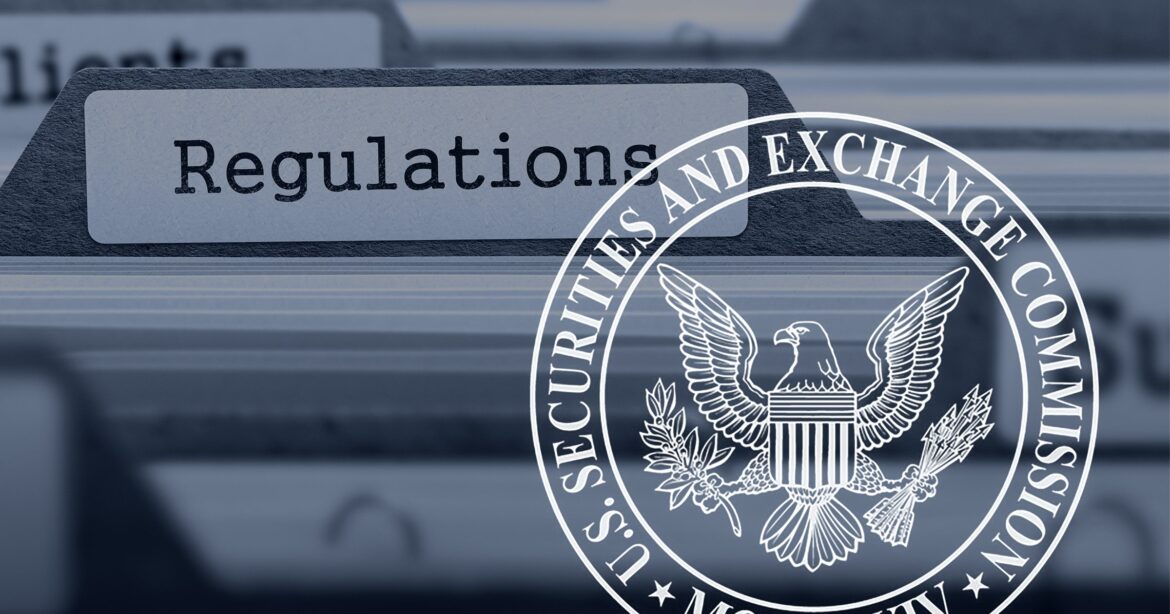Cryptocurrency enthusiasts and investors continue to grapple with the murky waters of regulatory uncertainty in the United States. As the crypto industry matures and gains mainstream attention, stakeholders are eagerly awaiting clarity on how digital assets will be regulated.
One of the primary hurdles hindering clear crypto regulation is the complex and rapidly evolving nature of blockchain technology. With cryptocurrencies straddling multiple regulatory domains, including securities, commodities, and currencies, determining the appropriate regulatory framework has proven challenging for policymakers and regulators alike.
Adding to the complexity is the fragmented regulatory landscape in the US. Different agencies, such as the Securities and Exchange Commission (SEC), the Commodity Futures Trading Commission (CFTC), and the Financial Crimes Enforcement Network (FinCEN), claim jurisdiction over various aspects of the crypto ecosystem. This lack of coordination and consistency among regulatory bodies has left market participants navigating a maze of regulatory requirements and compliance obligations.
Today we announced charges against registered investment adviser Senvest Management LLC for widespread & longstanding failures to maintain & preserve certain electronic communications. To settle this matter, Senvest agreed to pay a $6.5 million penalty. https://t.co/KPKUE88MPI pic.twitter.com/kBTgHo8lg2
— U.S. Securities and Exchange Commission (@SECGov) April 3, 2024
Furthermore, the legislative process in the US poses another hurdle to clear crypto regulation. Lawmakers must navigate through competing interests and considerations, making it difficult to enact comprehensive regulatory measures swiftly.
In addition to these challenges, the U.S. Securities and Exchange Commission (SEC) and the Financial Action Task Force (FATF) represent two distinct regulatory bodies with differing mandates and jurisdictions. While the SEC primarily focuses on regulating securities markets and protecting investors within the United States, the FATF is an intergovernmental organization focused on combating money laundering, terrorist financing, and other threats to the integrity of the international financial system.
FATF President T. Raja Kumar "Our goal is to establish a level playing field, globally, so that the industry is meeting its regulatory obligations and reduce opportunities for criminals to abuse the sector." https://t.co/nQbvT5Tzxc#MoneyLaundering #Followthemoney pic.twitter.com/woGlCg9Dj5
— FATF (@FATFNews) April 3, 2024
Despite these obstacles, efforts are underway to provide more clarity and certainty in the crypto regulatory environment. Regulatory agencies have issued guidance and enforcement actions to clarify their stance on crypto-related activities. Additionally, policymakers are exploring legislative solutions to address regulatory gaps and promote innovation while safeguarding investors and consumers.
However, achieving consensus on crypto regulation remains an ongoing process that requires collaboration between regulators, industry stakeholders, and policymakers. As the crypto industry continues to evolve, stakeholders must remain vigilant and engaged in shaping the regulatory landscape to foster innovation and growth while mitigating risks.



